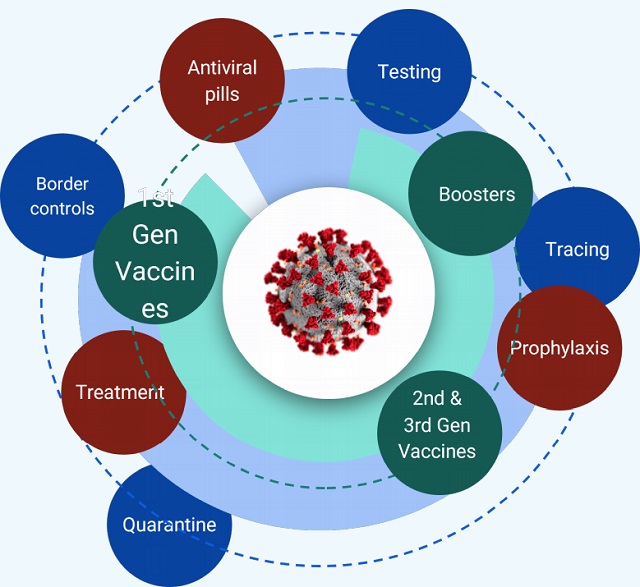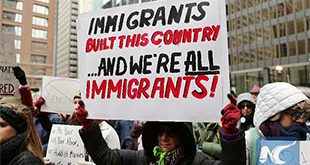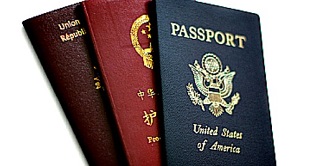
Kampala, Uganda | THE INDEPENDENT | Civil society Organizations (CSOs) have expressed concern over the latest proposal for the World Health Organization (WHO) Pandemic Agreement.
In a statement released on Thursday, CSO officials expressed grave concerns over the inequities embedded in the current draft of the World’s first accord meant to prevent a repeat of global health, economic, and social impacts once a pandemic like COVID-19 hits again.
This agreement was supposed to be signed by the WHO member states by the beginning of June having started working on it in December 2021. But, this deadline has been extended partly due to disagreements that came up during the negotiations.
According to Michael Weinstein, the President of a Global NGO Aids Healthcare Foundation (AHF) the treaty as it is now bails on all the basics of transparency, accountability, and equity.
“Its core principle is extreme greed and selfishness perpetuated by the rich countries, protecting multinational drug companies at the expense of the rest of the world”, he said in a statement.
Under the present terms of the agreement, 20% of pandemic-related health products are guaranteed to the WHO in the event of a pandemic and Weinstein says this arrangement leaves 80% of crucial vaccines, treatments, and diagnostics prey to the international scramble seen in COVID-19.
The AHF President also criticized the draft treaty as reminiscent of colonialism, where developing nations are expected to provide natural resources such as pathogens while wealthier countries sell back vaccines and medicines at unaffordable prices.
“Fortress Europe is a crazy notion. It didn’t work for COVID, and it won’t work against the next pathogen,” he said. “This treaty offers not even a single slice of bread, just crumbs. The position of the wealthy nations is a dangerous disgrace that must be rejected,” said the AHF President.
Nikos Dedes, the Founder of Positive Voice from Greece warned of the continuous cycle of inequality and poverty driving pandemics saying that both COVID-19 and the HIV/AIDS crisis have shown how easily pathogens can travel from animals to humans and from the south to the north. According to him, unequal access to health services increases vulnerability to transmission and undermines people’s dignity and rights.
Loretta Wong, Alternate Board Member of the Global North CSO on the Pandemic Fund Governance Board from the UK, emphasized the need for a robust financial mechanism. “Each year, the world needs about $10.5 billion for pandemic preparedness and response. We need a fully funded financial mechanism that can leverage existing institutions like the Pandemic Fund and the Global Fund,” she explained.
CSOs propose that instead of putting WHO at the steering wheel, there should be an independent oversight body that is politically, financially, technically, and operationally independent and a clear enforcement framework with incentives and disincentives for compliance. For them, incomplete compliance with existing treaties like the Framework Convention on Tobacco Control and the International Health Regulations (IHR) has already contributed to the prolonged COVID-19 pandemic.
However, what remains most contentious in this accord are details around pathogen access and the benefits system where wealthier nations that manufacture vaccines and treatments appear to be at a bigger advantage.
The accord is expected to have been completed this year as WHO’s Director General Dr Tedros Adhanom Ghebreyesus said the mandate of the Intergovernmental Negotiating Body was extended for them to conclude the agreement giving them next year’s World Health Assembly as the final deadline.
****
URN
 The Independent Uganda: You get the Truth we Pay the Price
The Independent Uganda: You get the Truth we Pay the Price



